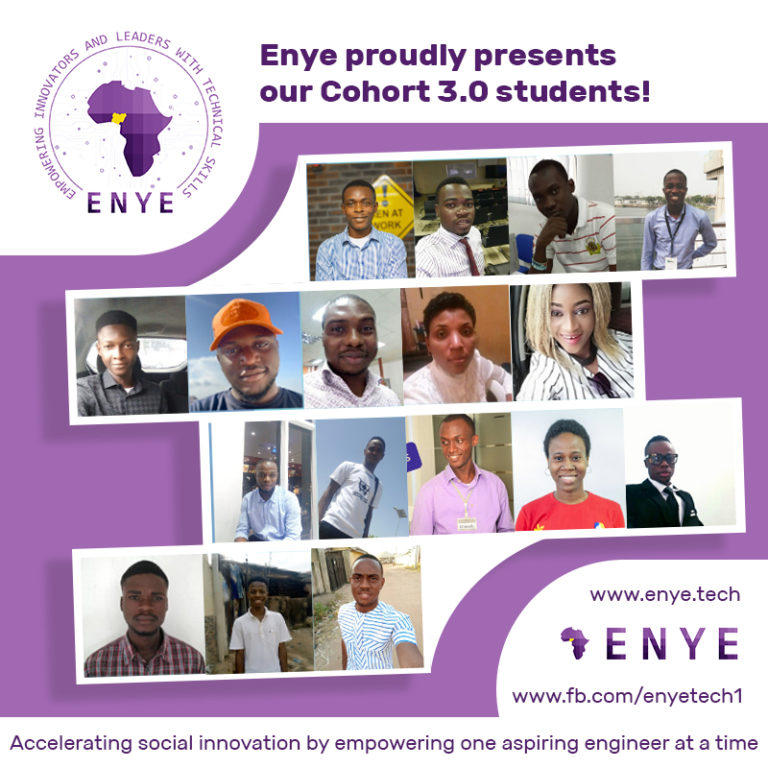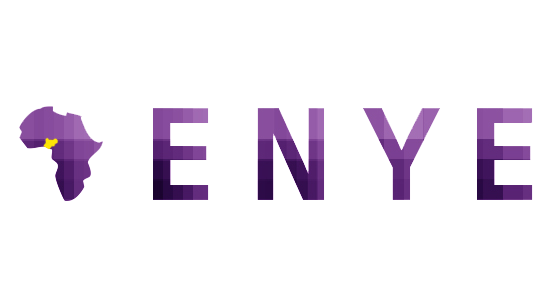How Tech Nonprofits are Changing the Face of Tech in Nigeria

How Tech Nonprofits are Changing the Face of Tech in Nigeria
In 2018, Seni Sulyman, Andela’s Vice President, Global operations, tweeted a story about how a former company gateman got a job as a software developer.
At the time, Andela was building a network of technology leaders in Africa. The goal: to bridge the chasm between the US and Africa’s technology sectors. They placed successful applicants on an intense six-month training program, after which the fellows would gain employment at partner companies in Nigeria and overseas.
Seni Sulyman’s tweet stirred up a buzz, spurring conversations centred around brilliance, skill, and opportunity concerning young people in technology.
Since then, the mantra, “We should all learn to code,” has established itself as a pop-culture cliché.
A considerable number of Nigerian developers are self-taught. Devcenter pins the figure at a whopping 84%. There is no gainsaying that the Computer Science syllabi in Nigerian tertiary institutions are largely either outdated, impractical, or both. Young coding enthusiasts who intend to make a career out of programming will have to figure out their career paths on their own.
As self-taught, community-nurtured success stories keep springing, many more Nigerians are encouraged to consider software development.
The tech industry in Nigeria is booming — tech startups are the in-thing these days. VC4A, a platform that helps link funders to startups in Africa, revealed that there was a 21% increase in investment between 2015 and 2017. Local and foreign investor interest in the Nigerian tech ecosystem continued to grow exponentially, marked by an explosion of foreign funding in Nigerian startups.
By July 2019, foreign investments in Nigerian startups were pegged at $110.9m.
Amid all this financial noise, a key slice of the Nigerian tech pie has been overlooked.
Tech nonprofits may not spray the dollars or close lucrative funding round, yet they make an equally significant impact on the Nigerian tech space.
Tech nonprofits typically run on limited funding, serving young tech enthusiasts with time, tools, and resources. Many times, the founders of nonprofits are passionate experts with the vision of making social impact. They rarely are financial heavyweights, and so it isn’t uncommon to find nonprofit founders working jobs to fund their organizations in contributing in their little way to developing society.
Tech nonprofits make computers, resources and knowledge more reachable to people who would otherwise not have access – a tech democracy of sorts. In doing so, they are empowering young people with tech skills that will enable them to be key players in transforming society.

Codewit
Codewit trains developers and provides them with skills to enable them to create sustainable solutions to societal problems. Codewit has trained more than 1, 600 people through their Coding boot camps. They train young tech enthusiasts in full-stack web development, JavaScript and JAMSTACK, UI and UX design, Python for data science, and mobile app development. Their program is flexible and students can enroll remotely or at their onsite centers.
Codewit’s goal is to raise 50,000 developers in Africa by 2030.

Gracit Foundation
Gracit Foundation is a tech nonprofit based out of Ogun State. Gracit empowers orphans and less privileged children with tech skills. The endgame is to mentor these children, provide them with requisite tools and skills, and expose them to opportunities they would otherwise not have dreamed of. These orphans will be reintegrated into society to solve problems.
So far, Gracit Foundation has trained more than 90 orphans and less privileged children. They have also created two computer labs and organized a Tech4Charity event. Gracit’s three-year plan includes building 30 computer labs, training and mentoring more than 1,500 orphans. In five years, Gracit intends to be an incubator for its beneficiaries.

TechQuest
TechQuest seeks to empower individuals, schools and organizations with the resources, content, and tools needed to help young Nigerians’ education in STEM.
Last year, they launched TeachAKid2Code to train 5000 kids using technological tools. TeachAKid2Code took place in 7 states including Lagos, Abuja, Enugu, Oyo, Anambra, Osun, and Plateau States.
Since then, TechQuest has exposed over 10,000 children to tech and intend to do more, all for free.

Enye
Enye was founded in January 2017. The intention was to give back to communities in Nigeria. However, the founders soon realized that Enye could do more than just give back. They could empower potential leaders in these communities with skills to bring about tangible change.
A typical Enye cohort lasts two months. In each cohort, Enye students undergo training in full-stack development, server-less architecture, Agile methodologies, peer-programming, distributed teams, peer-programming, testing and CI/CD, idea sharing and conditioning programs.
The Enye program takes a distributed first approach, which means that it is remote and flexible, and prospective students can apply from anywhere in the world. The distributed first approach reinforces a culture focused on communication, accountability, and collaboration.
Enye is Igbo for ‘give’, ‘offer’, ‘provide’, ‘providing’. Enye’s founders believe that tech can play a significant role in alleviating social, political, and economic problems. By empowering the brightest, most responsible students through mentorship, they can become the innovators and leaders that their communities need.
Nigeria was recently named the poverty capital of the world. More investment is appreciated, needed even, but money can only do so much. Relevant education is important at the grassroots of every tech industry. For the Nigerian tech ecosystem to keep thriving sustainably, the role of tech nonprofits must not remain in the shadows.
Enye cohort 2.0 ended in July 2019 with a meet-up and SABOR, Victoria Island, Lagos. Cohort 2.0 graduands are now undergoing paid internships at brands like IBM, Tribl, Food4All, and JoyUp.
Enye cohort 3.0 is currently ongoing. It started in November 2019 and will last until January 2020. On completing their program, successful graduands will be offered paid internship opportunities in reputable brands at home and overseas.
We are currently seeking partners to place our graduands. Our vetting process is intensive and each Enye software engineer meets the highest of standards both technically and culturally. If you would like to partner with us, and hire our engineers on internship, please reach out to us via email: hello@enye.tech, or via LinkedIn



Comment (1)
Peter Urama
This is a nice piece. Coding glaringly has impacts positively in harnessing the economy and livelihood of many notable countries.
Lots of appreciations to those driving Tech Nonprofit ventures.